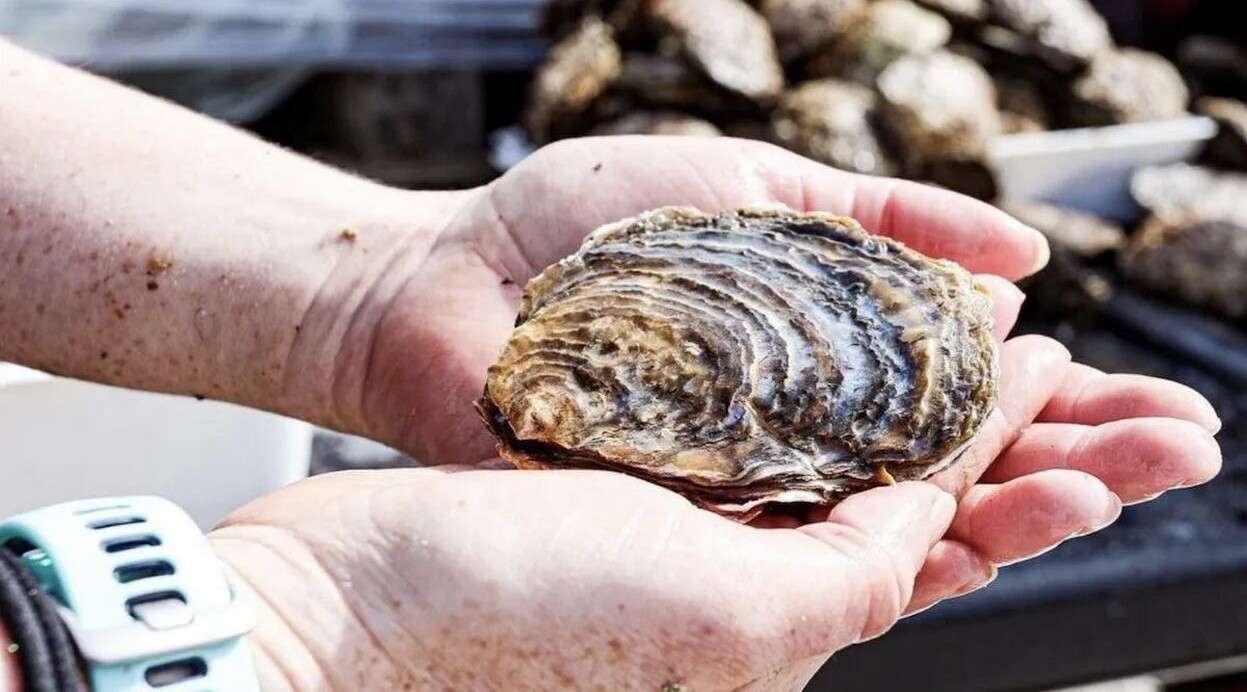Zoos Welcome 'Paddington Bears' for Breeding Programs to Help Save Species From Extinction
Two zoos in the US and UK have welcomed ‘Paddington Bears' into their breeding programs to help save the rare Andean species from extinction.

Britain was once a paradise of oysters, and one conservation group hopes that if they continue their pioneering work, it can be so again.
The Wild Oysters Project in the UK just released 10,000 oysters to live wild, undisturbed lives off the northeast coast of England near Newcastle-upon-Tyne.
Oysters are a vital part of marine ecosystem health because of the amount of water they can filter every day in search of simple sustenance. A single oyster can filter 50 gallons of water per day, or over 100 liters, cleaning out nitrogen and other pollutants.
Their reefs also form natural and important breakwaters that reduce storm impacts on the shore.
With such a dirth in oyster populations, the Wild Oysters Project built up an artificial reef made of 827 tons of scallop shells and stones to mimic the natural materials of oyster reefs before releasing the bivalves.
"Native oysters are ecosystem engineers, which means they change and improve the environment around them," said Matt Uttley, restoration project manager at the Blue Marine Foundation, according to a press release from the Zoological Society of London. "Native oysters create a structurally complex three-dimensional habitat, which supports an abundance of other marine life and is intrinsically linked with ecosystem biodiversity."
The oysters on the new reef are not intended for human consumption but for their services as ecosystem engineers.
"Today marks an important milestone in our journey to restore native oyster reefs to British coastlines," said Wild Oysters Project Manager Celine Gamble.
"We're optimistic that the 10,000 oysters will thrive, reproduce, and grow on the new reef, which is the size of a football pitch, and we look forward to carefully monitoring their progress over the coming months."
Wild Oysters Project has so far released more than 1 billion oyster larvae, and they maintain restoration reef sites in 6 marinas around England.
WATCH the story below from the ZSL…
SHARE This Inspiring Rewilding Effort With Your Friends…
Be the first to comment